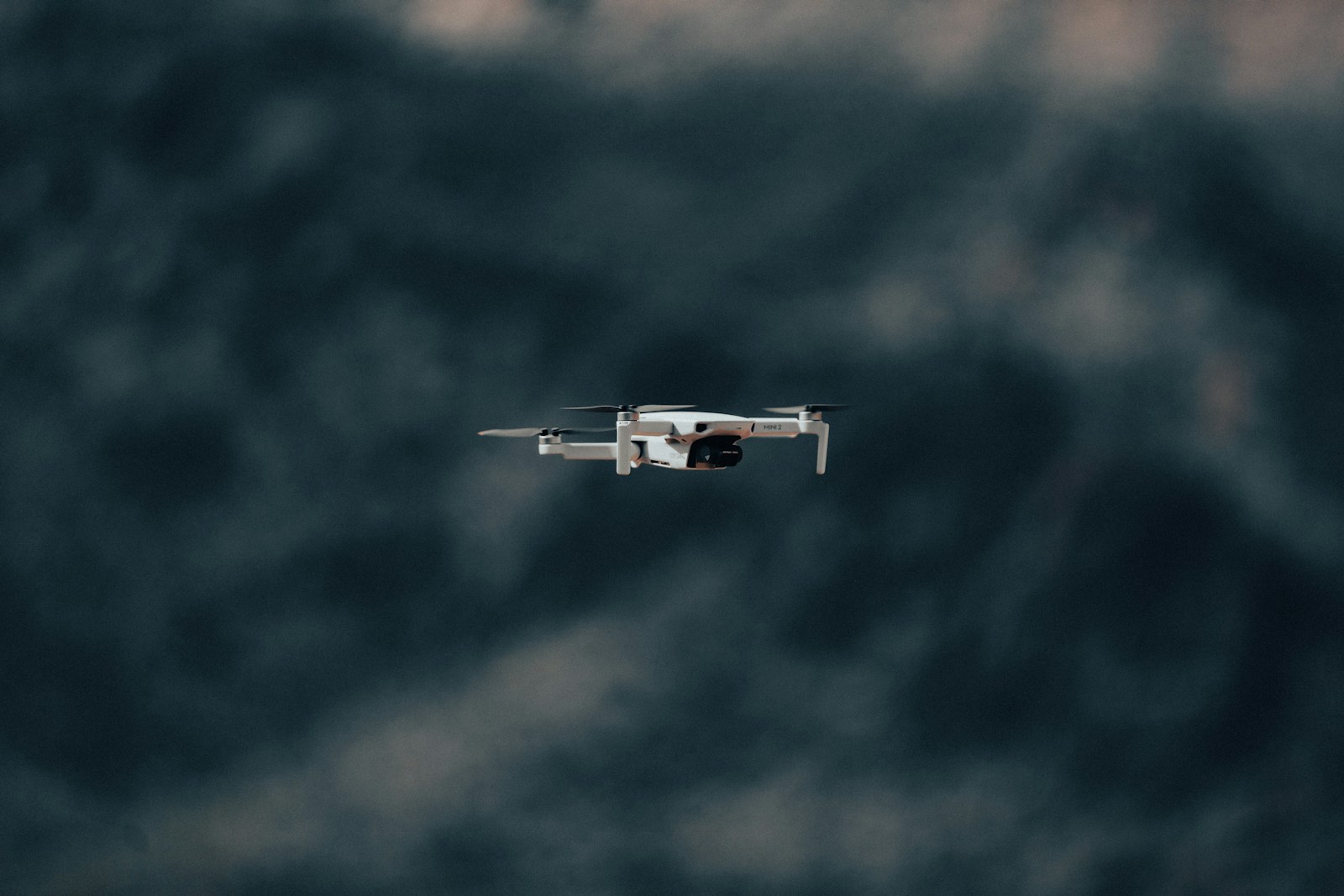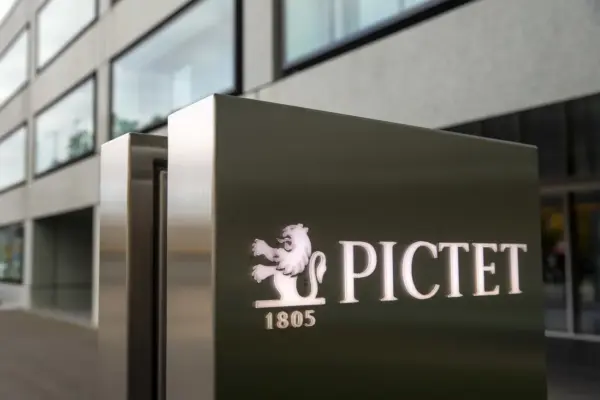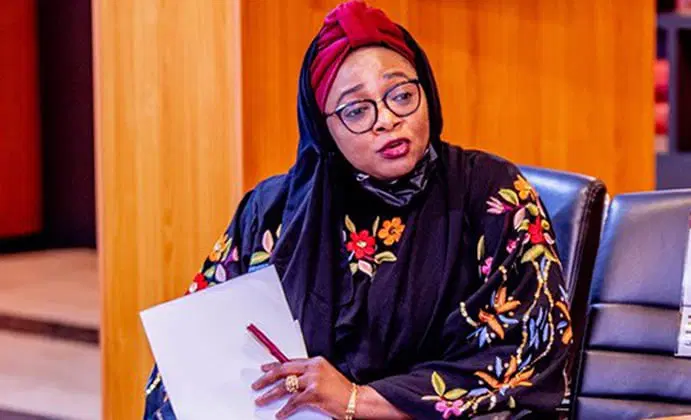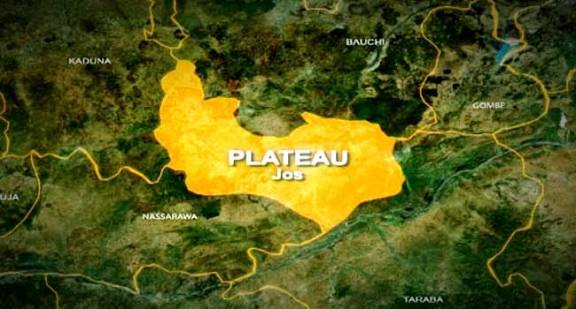The European Union has set aside €24.4 million to improve cross-border collaboration in West Africa and combat the issue of illicit trafficking in small arms and light weapons.
According to The Times, this information was revealed during a roundtable discussion on small arms and light weapons control in Nigeria held on Thursday in Abuja by the EU’s program manager for fighting organized crime in West Africa and responding to trafficking, Enobong Moma.
The theme of the discussion is “Gaps and Opportunities in the Landscape of SALW Proliferation in Nigeria.”
According to Moma, the money is a component of larger regional initiatives aimed at combating human trafficking and organized crime in the sub-region.
She claimed that in order to promote initiatives and programs aimed at the outlawing of small arms and light weapons in countries and regions and eventually advancing development, significant cash is required.
“In 2019, the ongoing Organised Crime West Africa Response to Trafficking (OCWAR-T) program, run by the GIZ and a coalition of implementing organizations, succeeded the pilot phase of an earlier intervention in the domain of small guns.
“This project, which has a total budget of EUR 24.4 million, is a part of the regional initiative to fight human trafficking and organized crime in West Africa.By decreasing the availability and illicit trafficking of SALW at the border community level and enhancing national actors’ capacity to manage SALW as well as cross-border cooperation.”
“In general, our activities are designed to improve the organizational capabilities of National Commissions on Small Arms, which includes the NCCSALW, the organization that is hosting this seminar today.”
According to her, the program’s other goals include raising public awareness of SALW proliferation, enhancing civic education, and strengthening the technical capabilities of security sector organizations like National Commissions in the area of SALW control.
The EU official also underlined the improvement of operational capabilities in a number of small weapons control facilities and their organizational frameworks. The goal of this tightening is to significantly reduce both the availability of weapons in local communities and organized transnational violence.
The accomplishments, according to her, represented just a few of the numerous indicators of the fruitful collaboration between the EU, the ECOWAS Commission, development partners, and governmental organizations.
The chairman of the ECOWAS Peace Support Operation, Dr. Sani Adamu, said that the roundtable represents Nigeria’s real commitment to carrying out the important clauses in the ECOWAS arms transfer policy.
According to Adam, only Nigeria has successfully and completely institutionalised the end-user certification procedure for importing weapons out of all the countries in the ECOWAS subregion.
“The need for legislation and the need to put in place the institutional as well as implementation arrangement is what is consistently missing,” he continued.










